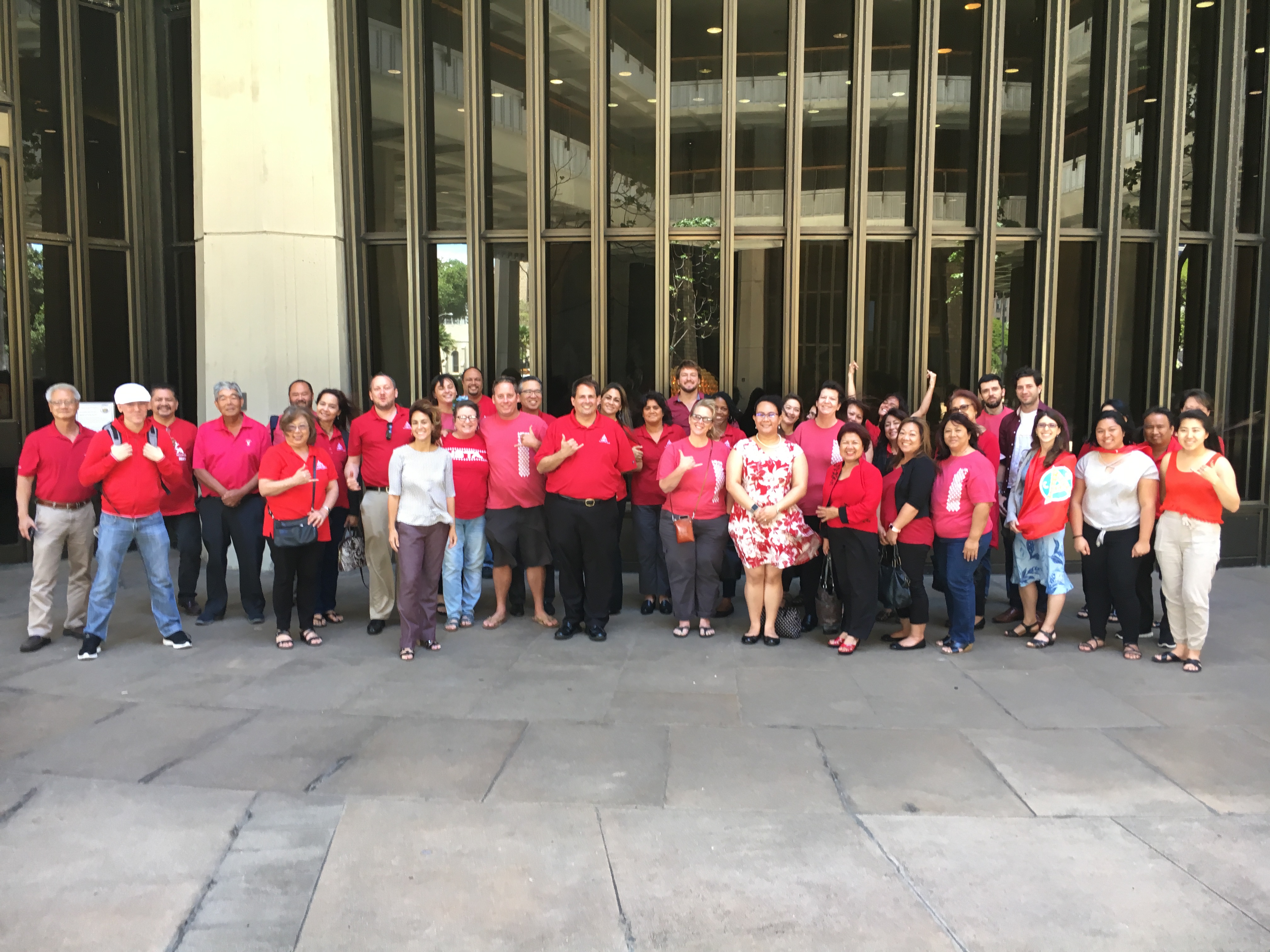The State Senate Monday approved a bill to ask voters to decide this fall whether the state should be empowered to impose a surcharge on residential investment properties to help fund public education.
The Senate’s 23-to-one vote in favor of the Constitutional Amendment proposal comes after members of the State House unanimously approved the bill April 10.
“Every year we say education is a priority, but we don’t do enough to improve chronic underfunding of public education while Hawaii’s children are falling behind and schools struggle to prepare students for 21st century jobs,” said Corey Rosenlee, president of the Hawaii State Teachers Association. “We need to reinvest in our public schools to make Hawaii more competitive in attracting good paying jobs and ensuring that our keiki have the skills they need to compete in the worldwide economy.”

“The intent of both the State Senate and House has been that this surcharge would not apply to owner-occupants but instead is aimed at investment properties worth $1 million or more,” Rosenlee added. “Trump Towers was able to quickly sell out more than 400 units, with some condos selling for more than $10 million. Many wealthy people are using these properties to pad their own wealth. If these rich out-of-state investors can afford multi-million dollar properties, they can afford to pay taxes to help educate Hawaii’s children.”
As a result of lawmakers’ votes, the measure for a Constitutional Amendment will automatically be on the ballot for Hawaii voters to decide in the general election on Nov. 6. If a majority of voters approves the amendment, next year’s Legislature will set up the details of how the surcharge will be implemented, including any exemptions lawmakers may want to add.
Rosenlee thanked the 50 state representatives and 23 senators who voted to send the proposal to the ballot box, singling out Senate Education Chair Michelle Kidani and House Education Chair Justin Woodson, who shepherded the proposal through their committees, working diligently and collaboratively to bring it to votes in both houses.
“Leaders of the House and Senate made it clear that they do not intend to create a surcharge that would affect the average Hawaii resident, since owner-occupants would be exempt and even those who own second or third homes or condos would not be affected as long as each property is valued under $1 million,” said Rosenlee. “No one is going after the average homeowner. We’re really going after the speculators and the corporations that are buying up so much property that it’s driving up the cost of living that people can’t afford to live in Hawaii.”
Hawaii is the only state in the country that does not use some portion of property taxes to fund its schools, which results in the 50th State spending the lowest percentage of both state and local revenue toward education in the entire nation.
“Hawaii teachers have the lowest pay in the country, when our Hawaii cost of living is factored in, resulting in constant turnover and more than 1,000 teacher vacancies each school year,” Rosenlee said. “That means thousands of students are regularly taught by uncertified and unqualified long-term substitutes, some of whom lack a college degree. If we want to attract and keep quality teachers, we need to invest in our schools to give our educators and our students the resources to excel.”

